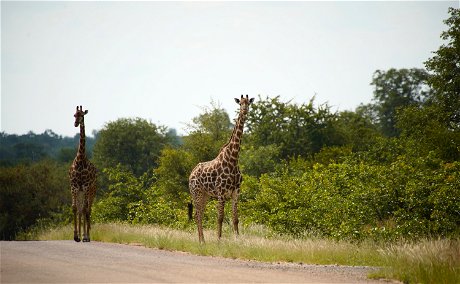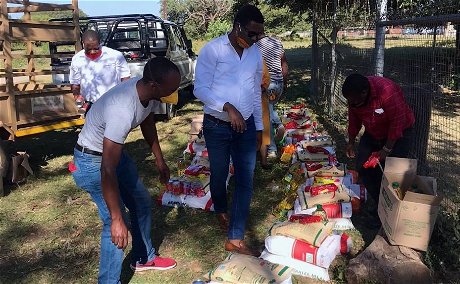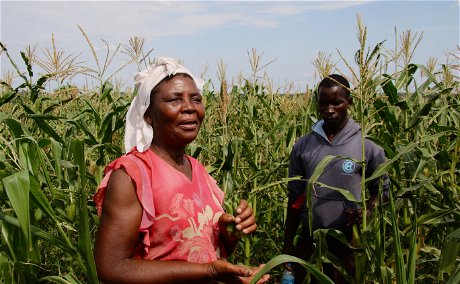Media Statement by the Tourism Business Council of South Africa (TBCSA)
Community Ownership, Not Just Engagement
The Communities in Conservation Summit took place from February 11 to 14 at the Hotel Fairmont Mount Kenya Safari Club.
Community engagement is a popular buzzword when it comes to conservation and communities. However, making the distinction between interacting with communities and giving communities ownership can make all the difference. Where communities have equity and responsibility for decision-making, it changes the dynamic from mere consulting to real involvement.
Dickson Kaelo from Kenya Wildlife Conservancies Association (KWCA) says, “Community conservation and community engagements mean different things to different people. KWCA, in partnership with Chemonics, organised a community and conservation summit to discuss the issue of community engagement.
It was four days of engaging presentations, dialogues, workshops and discussions. For Steve Collins, CEO of The African Safari Foundation, it was an excellent opportunity to interact with a number of individuals and organisations, all leaders in the field of community conservation, including representatives from IUCN, UNEP, Collaborate Up and many others.
“The summit was all about learning and sharing information; we were able to unpack the challenges and successes and generate new ideas on how to drive sustainable conservation,” says Collins, “The message is clear: the way forward is community ownership and not just engagement.”
Chemonics put together a take-out video of some of the views of participants on the theme of the summit: From Community Engagement to Community-Led Solutions in East and Southern Africa. [Please view the video at the beginning of this post]. In summary, herewith some of the valuable comments from participants:
Annastasia Naiteta, NACSO (the Namibian Association of Community-Based Natural Resource Management Support Organisations says, “Communities, need to take part in decision-making when it comes to conservation issues as they are the ones who live in the wildlife’ they suffer the hardship of living with those wildlife. As a result, they need to be there, they need to partake in all decisions that concern them in regard to community conservation.”
For Florentina Julius of the Tanzania Natural Resource Forum, communities have made a large contribution to conservation, but the real benefits are not being received in households. In her view, much more needs to filter down in order to make a difference.
Brendan Buzzard from the Laikipia Conservancy Association points out that “engagement” is perhaps the wrong word. He says, “What we're looking for is more ownership and agency…. That's really where the successes happen. We have to try to create a space for that to happen instead of trying to say there's a perfect way to do things.”
Kip Ole Polos from the II Ngwesi Conservancy says he believes that wildlife conservation is about a strong symbiotic relation with people.
“We conserve wildlife, nature - fauna and flora - not only to benefit the wild animals, but also to benefit people,” he says.
Steve Collins adds that community conservation is addressed in some of the social injustices that happened under colonialism. “I think now community conservation is taking that back. It's giving them the rights to use the wildlife, to own the wildlife and to use it for their benefit for social development. The similarities between East and Southern Africa, which come from our colonial past, are more important than the subtle differences of approach.”
Further Reading
As of the end of May 2020, the African Safari Foundation has donated nearly R900 000 to our community partners...
Our latest round-up of articles and initiatives that focus on assisting communities during the Covid-19 pandemic.









Share This Post